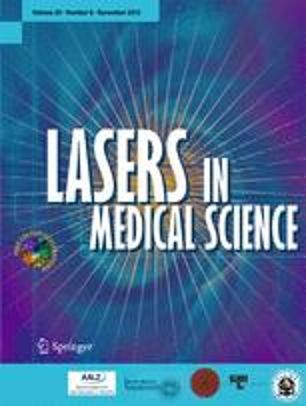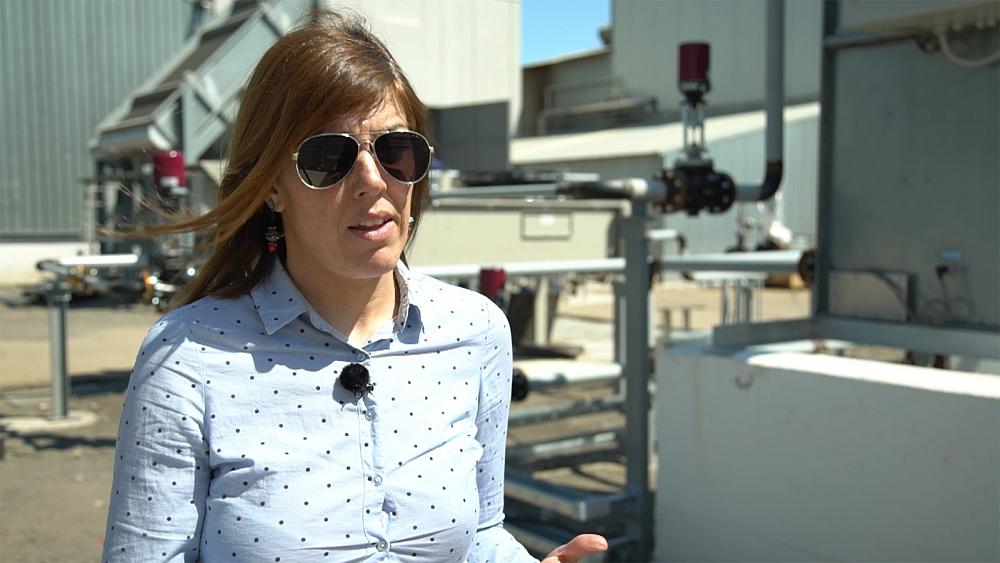A new device could help law enforcement spot traces of drugs or bomb-making materials from more than 100 feet away.




Low-level laser therapy (LLLT) has been used in several in vitro experiments in order to stimulate cell proliferation. Cells such as fibroblasts, keratinocytes, lymphocytes, and osteoblasts have shown increased proliferation when submitted to laser irradiation, although little is known about the effects of LLLT on stem cells. This study aims to assess, through a systematic literature review, the effects of LLLT on the in vitro proliferation of mesenchymal stem cells. Using six different terms, we conducted an electronic search in PubMed/Medline database for articles published in the last twelve years. From 463 references obtained, only 19 papers met the search criteria and were included in this review. The analysis of the papers showed a concentration of experiments using LLLT on stem cells derived from bone marrow, dental pulp, periodontal ligament, and adipose tissue. Several protocols were used to irradiate the cells, with variations on wavelength, power density, radiation time, and state of light polarization. Most studies demonstrated an increase in the proliferation rate of the irradiated cells. It can be concluded that the laser therapy positively influences the in vitro proliferation of stem cells studied, being necessary to carry out further experiments on other cell types and to uniform the methodological designs.

Scientists from the University of Adelaide’s Research Centre for Infectious Diseases have developed a single vaccination approach to simultaneously combat influenza and pneumococcal infections, the world’s most deadly respiratory diseases.
The researchers say a single vaccination—combining vaccines from the new class of vaccines they are developing—will overcome the limitations of current influenza and pneumococcal vaccines used around the world.
Published today in the prestigious journal Nature Microbiology, they have shown that the new Influenza A virus vaccine under development (based on inactivated whole influenza virus) induces enhanced cross-protective immunity to different influenza strains, when it is co-administrated with the new class of pneumococcal vaccine.


By Stephen Hsu
Lev Landau, a Nobelist and one of the fathers of a great school of Soviet physics, had a logarithmic scale for ranking theorists, from 1 to 5. A physicist in the first class had ten times the impact of someone in the second class, and so on. He modestly ranked himself as 2.5 until late in life, when he became a 2. In the first class were Heisenberg, Bohr, and Dirac among a few others.

SpaceX is already a household name around the globe, but there’s no shortage of other startups vying for their slice of the private spaceflight pie. Companies like the Jeff Bezos-led Blue Origin are doing some pretty impressive things, and a relatively new startup out of Japan just hit a big milestone as well.
The company, named Interstellar Technologies Inc, launched its MOMO-3 rocket into space over the weekend, reaching an altitude of over 100 kilometers before running out of steam and tumbling back down to Earth. The rocket, which is part of the company’s long-term plan of providing satellite launch services to commercial partners, is built using many parts that are readily available from a variety of manufacturers.
